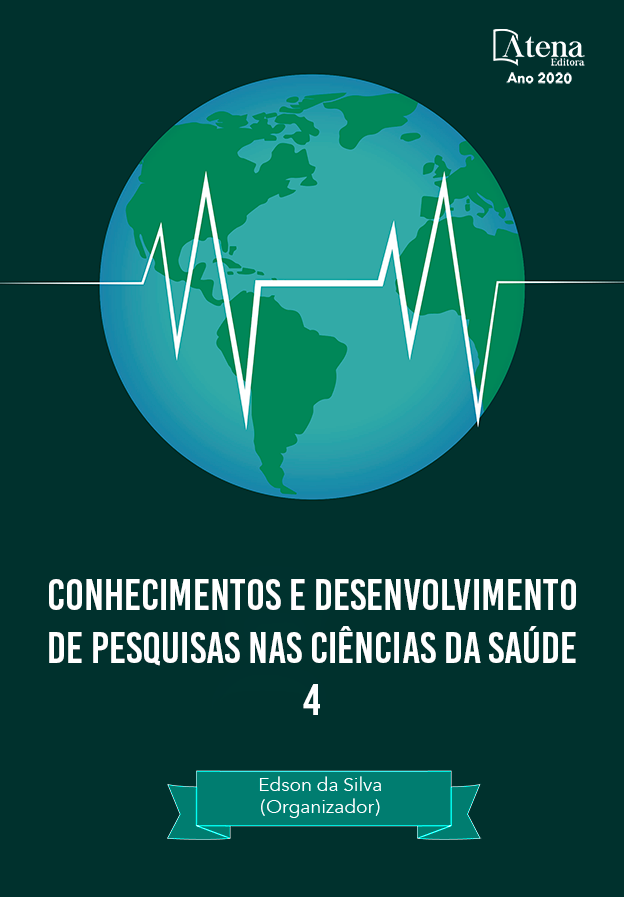
A Clínica Psicanalítica com Exilados e suas Especificidades
Considerando o número crescente de exilados no mundo, objetiva-se conhecer a percepção dos terapeutas a respeito das fontes de sofrimento emocional decorrentes do processo de exílio do país de origem a partir das narrativas de seus pacientes. Foram realizadas entrevistas semi-estruturadas com psicanalistas que trabalham com esta população há, no mínimo, cinco anos. A análise dos dados sugere um manejo específico, que se difere da clínica psicanalítica “clássica”, como a necessidade de ampliar a competência cultural do psicanalista, do conhecimento dos direitos dos exilados e da sua realidade, demandando articulação da escuta com as orientações de caráter mais objetivos e primordiais, possibilitando um cuidado plural para essa população. Além de adaptar o setting para a presença do tradutor, e assim, adaptar-se a transferência e contra-transferência a três. Por se tratar de pesquisa qualitativa, os resultados encontrados não se prestam à generalização. Neste sentido, sugere-se novas pesquisas a respeito do tema.
A Clínica Psicanalítica com Exilados e suas Especificidades
-
DOI: 10.22533/at.ed.80820161113
-
Palavras-chave: Clínica psicanalítica; Exilados; Processo de exílio
-
Keywords: Psychoanalyticclinic; Exiles; Processof exile
-
Abstract:
Considering the growing number of exiles in the world, the objective of this article is to know the perception of therapists regarding sources of emotional distress as a result from the process of exile from the country of origin, considering the narratives of their patients. Semi-structured interviews were conducted with psychoanalysts who have worked with this population for, at least, five years. The analysis of the data suggested a specific management, which differs from the “classic” psychoanalytical clinic. Such as the need to expand the cultural competence of the psychoanalyst, in regards of knowledge of the exiles rights and reality, demanding an articulation of listening with a guidance more objective and primordial, enabling a plural care to this population. In addition to adjusting the setting to the translator’s presence, and thus adapt the transfer and countertransference. As it is a qualitative research, the findings do not lend them selves to generalization. In this sense, it is suggested further research on the subject.
-
Número de páginas: 17
- Marina Marques Conde


